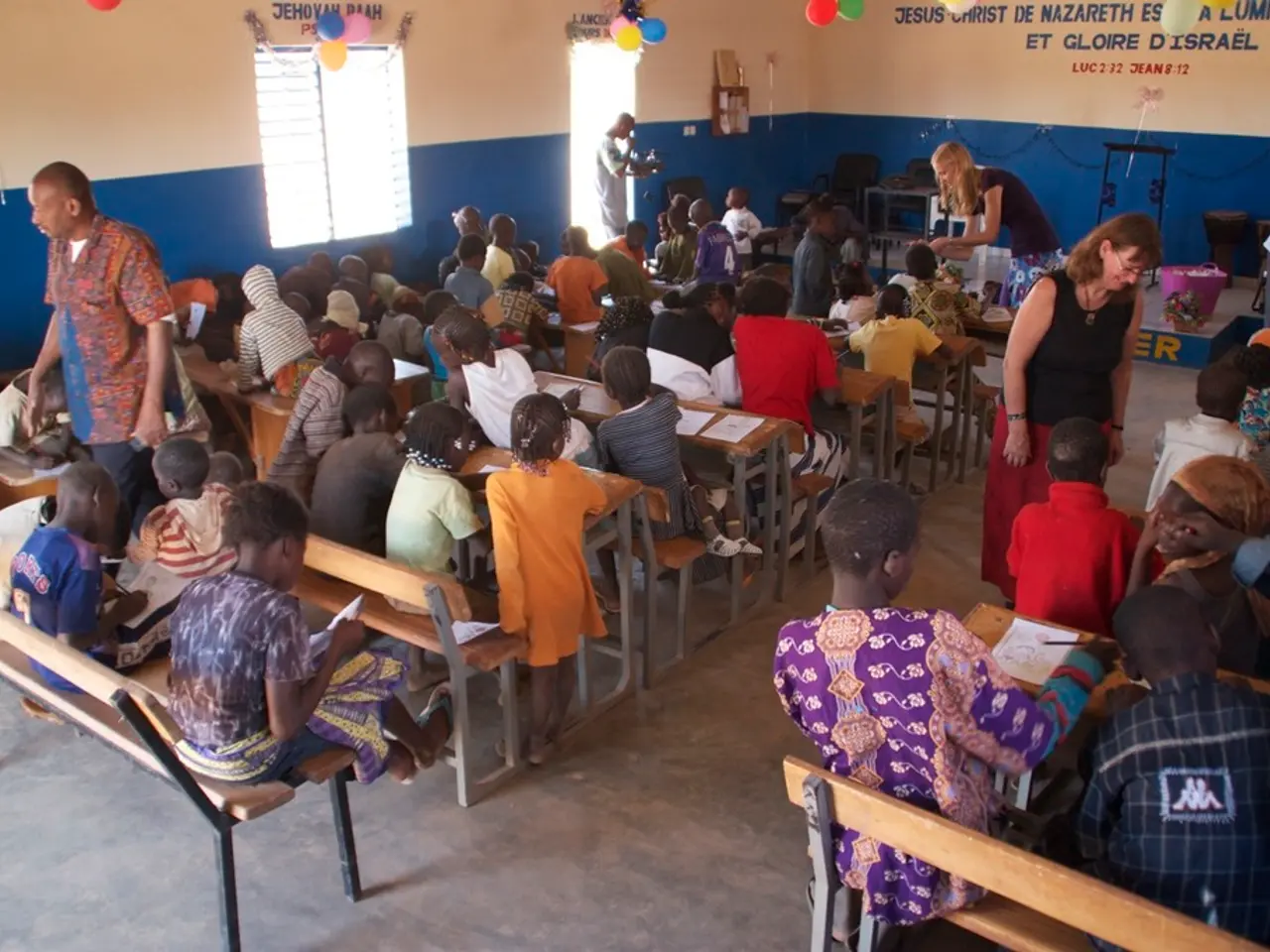Strengthening the Workforce in Foster Care for Enhanced Child Protection Demands Greater Resources and Extensive Training
In May 2024, the tragic death of Mackenzi Felmlee, an 18-year-old from Illinois, shook the nation. Mackenzi, who had spent four years in foster care under the supervision of Illinois DCFS caseworkers, courts, and other service providers, was killed by her long-term foster parents.
The composition of Mackenzi's foster family before her injury and death is not publicly detailed in available information. However, it is known that she had a difficult past. Prior to entering foster care, Mackenzi was sex-trafficked by her mother and sexually exploited by a relative.
The tragedy of Mackenzi's death is a stark reminder of the ongoing crisis in child protection. One-fifth of child protection investigator positions in Illinois were unfilled, leaving thousands of children under the care of an understaffed system. Caseworkers were assigned unreasonably heavy caseloads, making it challenging to provide the necessary care and attention to each child.
The situation is not unique to Illinois. Thousands of children across the country have died at the hands of biological parents and relatives due to the inability to recruit, train, and retain high-quality workers. The low pay, low prestige, long and unpredictable hours, hostile clients, and life-or-death decision-making with little preparation or support are some of the factors that deter potential child-protection workers.
The Illinois Department of Children and Family Services (DCFS) has a history of struggle. In the 1990s, it ranked among the nation's worst child-protection systems. However, in the early 2000s, it managed to halve its foster-care population, earning wide praise from the Pew Commission on Foster Care.
The Illinois recently passed the KIND Act, which makes it easier to place children with relatives and pays those relatives. While this act aims to provide a more family-like environment for children in care, it further erodes safeguards. State and federal laws contain multiple safeguards for foster children, including mandatory health assessments, monthly face-to-face caseworker visits, biannual court review hearings, and background checks and home studies of prospective foster parents.
However, the 'best practice' standards in Illinois don't ban applicants with substantiated histories of child abuse from becoming paid caregivers on behalf of the state. This raises concerns about the safety and well-being of children in care.
The crisis in child protection has led to ideological trends that view child protection as 'family policing'-a racist, punitive system that destroys more lives than it saves. Schools of social work are reporting fewer students interested in child-welfare work.
Sara Font, a professor at Washington University's Brown School who studies the effects of the child welfare system and the criminal and juvenile legal systems on children and families, warns that the current state of child protection is unsustainable. She emphasizes the need for reform to attract and retain qualified workers, improve working conditions, and ensure the safety and well-being of children in care.
The death of Mackenzi Felmlee serves as a tragic reminder of the urgent need for reform in the child protection system. It is a call to action for policymakers, social workers, and the public to work together to create a safe and nurturing environment for children in care.







